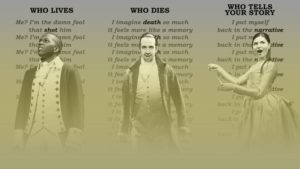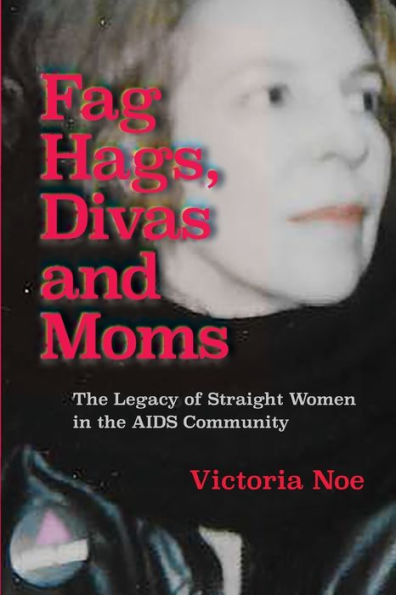Who Cares About Your Story?
Aug 30, 2017 by Victoria Noe, in AIDS
, Hamilton
, HIV
, life stories
, memoir
, storytelling
, writing
 “I can’t believe anyone cares about this.”
“I can’t believe anyone cares about this.”
Her reaction to being asked permission to include her in my book was not unusual. Many of the people I’ve interviewed - for this book and the Friend Grief series - were surprised I was interested in hearing their story. A few are known locally. Others are known by a small group of people in a specific field. Some are virtually unknown to anyone except those close to them.
We put a lot of stock in celebrity. We judge a person’s worth by how powerful, rich or visible they are. Sometimes talent plays a role, but mostly it’s based on how often we see them on TV or in films, in magazines or newspapers, online. If we were honest, we’d agree that their celebrity is some combination of great public relations and luck.
We confuse celebrity with importance. If someone is popular, they must be important. But also more often than not, we know how wrong that is. Because no one is important all on their own.
Hamilton may be the brainchild of Lin-Manuel Miranda, but he didn’t create it alone. First he was inspired by Ron Chernow’s book. Alex Lacamoire created the orchestrations. Tommy Kail directed the show. Then there were the crews who built and ran the show’s sets, lights and costumes. The designers. The choreographer. The stage managers. The performers. The musicians. The Public Theatre gave them a place to succeed or fail. As talented as he is, Miranda represents hundreds of talented people whose names are unknown.
The woman who was surprised I wanted to tell her story did something that was being done elsewhere in the US at that time. But she tweaked the idea into something so unique that when I’ve shared it with a few people their mouths drop open. It succeeded in part because of its audacity. She had a vision, like Miranda, and it worked. But her story, like I said, is almost completely unknown.
I think a lot of people will care. Her story - and the others in the book - deserve to be told. The women who have accomplished so much since the beginning of the AIDS epidemic deserve recognition for their commitment.
I’ve been a little - maybe more than a little - obsessed with telling their stories. And I realized finally that it’s not just because their stories deserve to be told. It’s because everyone has a story that deserves to be told.
They do.
I do.
You do.
Find a way: oral history, blog, journal, whatever. Tell your story. Share your story. Don’t wait for someone else to tell it.
Because if I’ve learned anything in my writing career, you don’t have to be famous for your story to make all the difference in someone else’s life.

